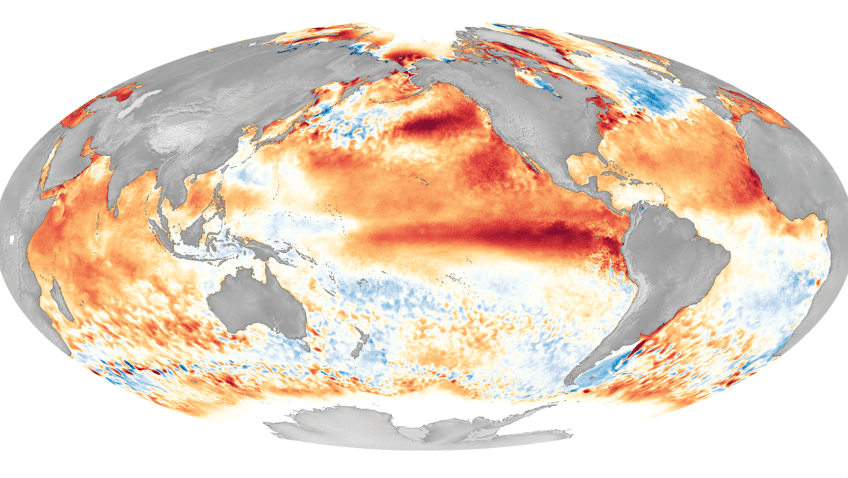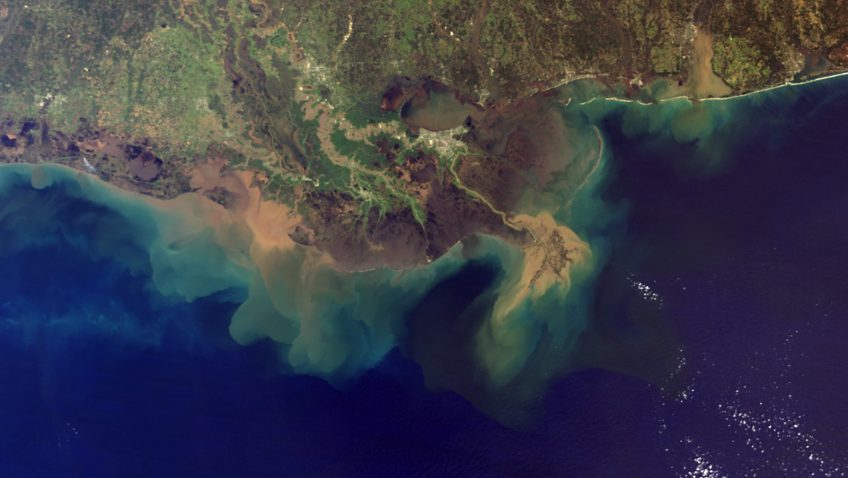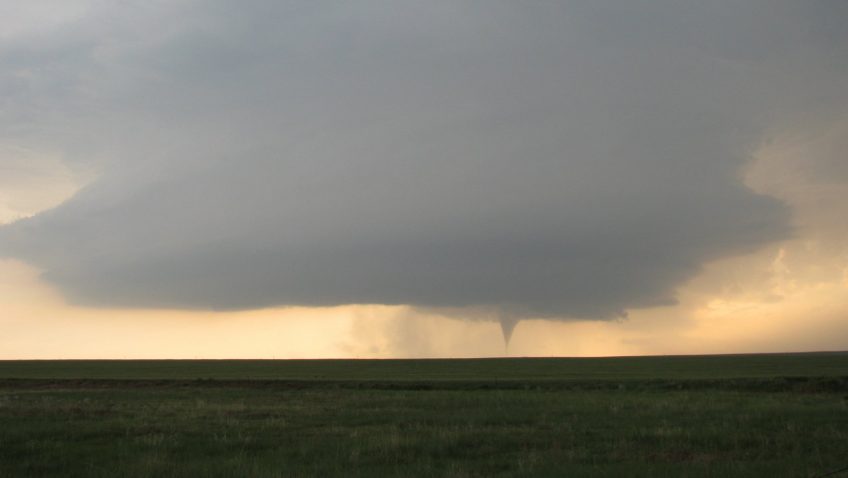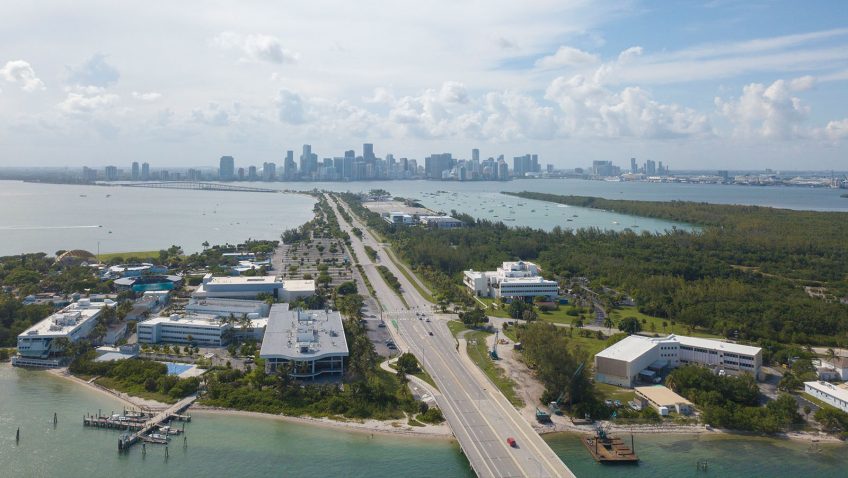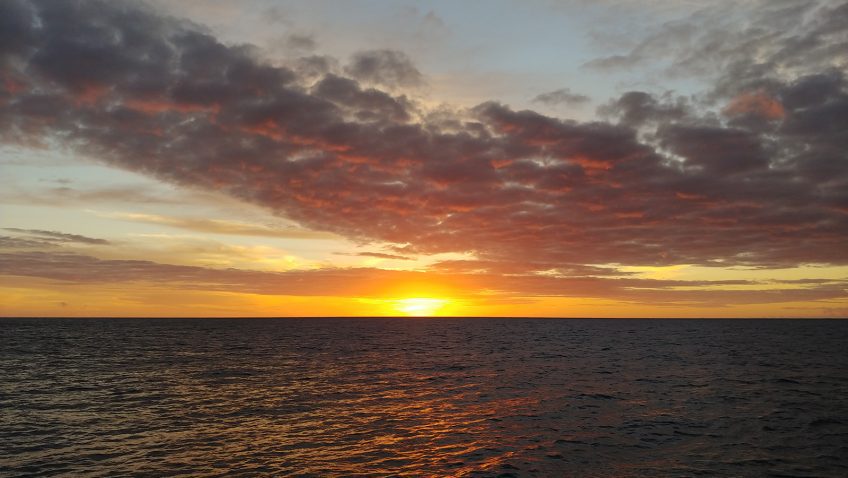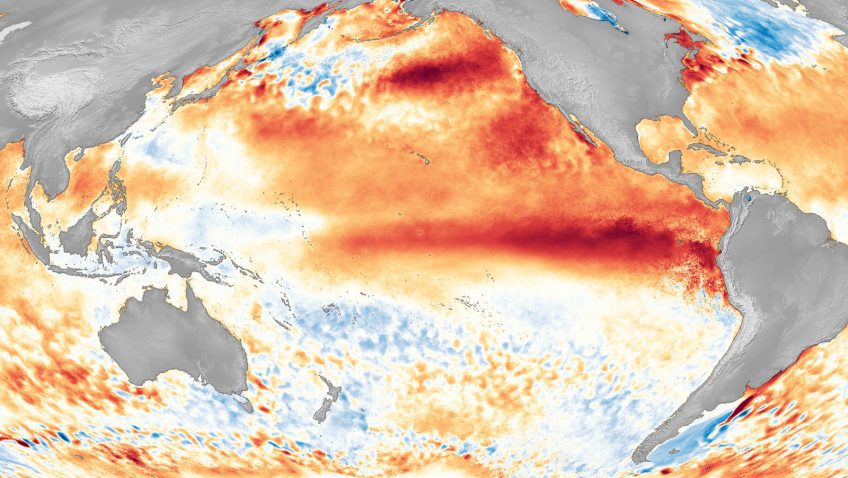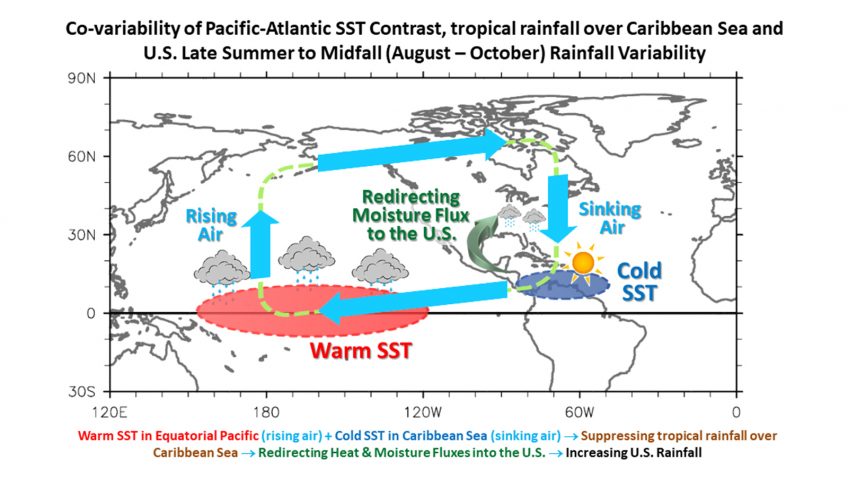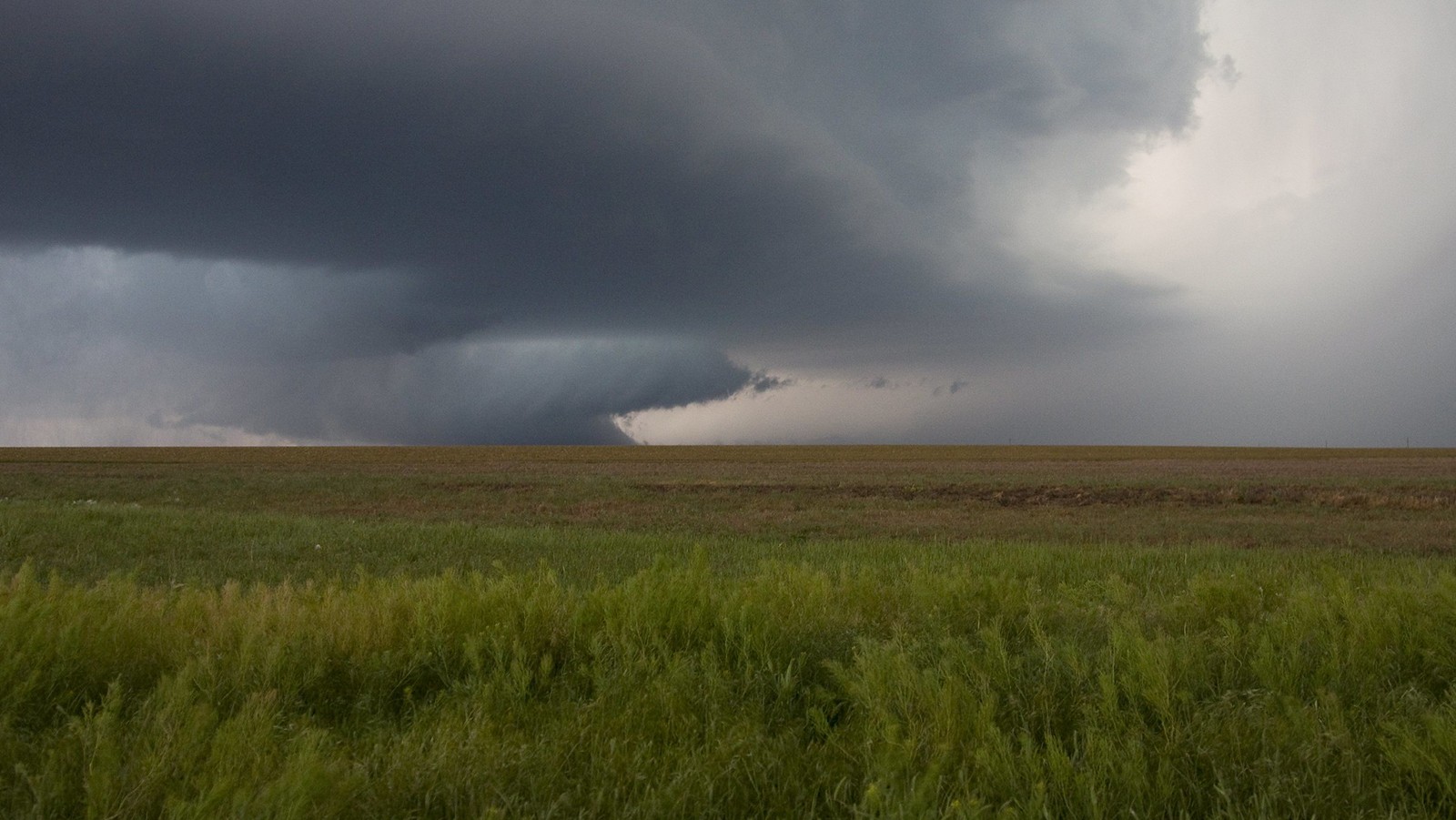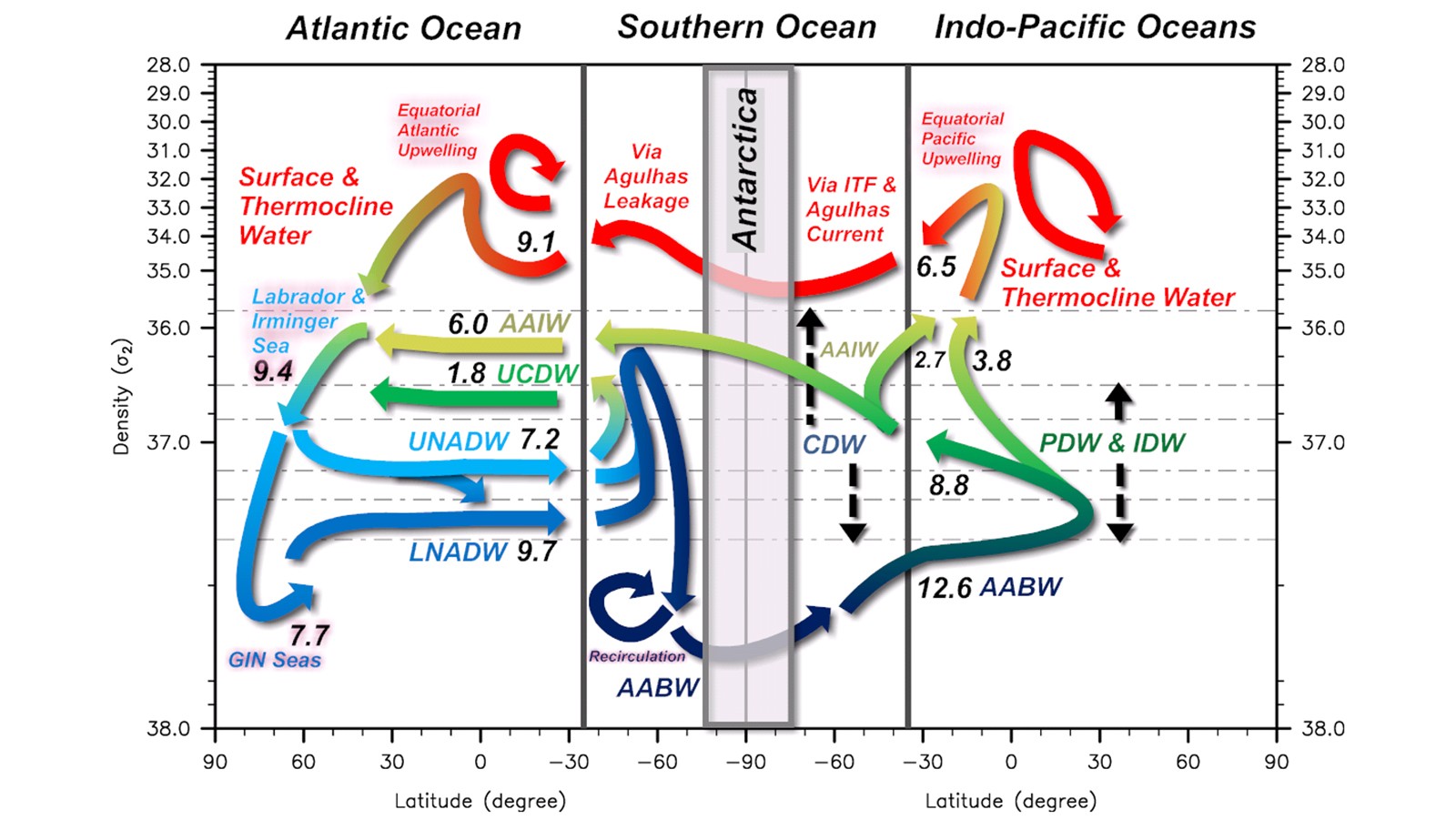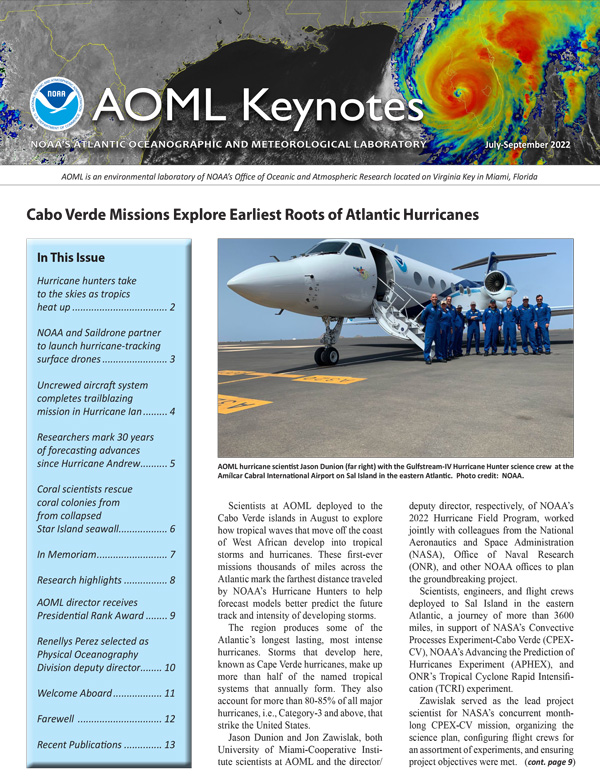NOAA AOML Scientists Project Future Changes in ENSO Variability
In a new study published in Nature Communications, scientists at NOAA’s Atlantic Oceanographic & Meteorological Laboratory (AOML) investigate the projected changes in the seasonal evolution of El Niño – Southern Oscillation (ENSO) in the 21st century under the influence of increasing greenhouse gases. The study found that global climate impacts on temperature and precipitation are projected to become more significant and persistent, due to the larger amplitude and extended persistence of El Niño in the second half of the 21st Century (2051-2100).
